Find Help
More Items From Ergsy search
-
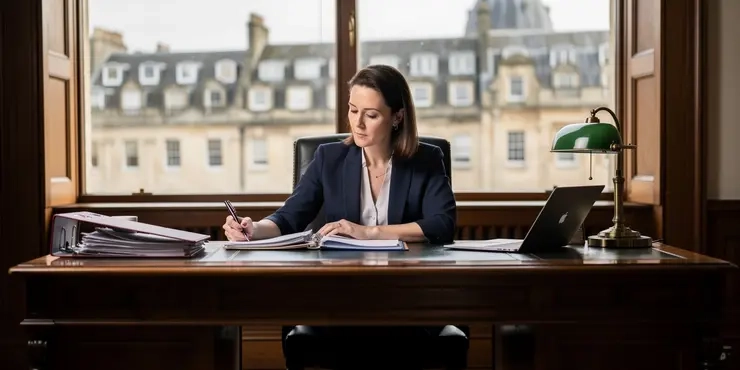
Helen Starkie, Bath Solicitor for Wills and Probate Law
Relevance: 100%
-
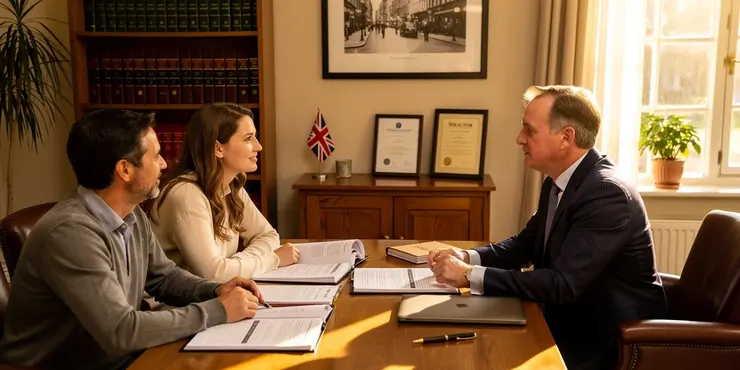
Wills, Probate and Tax Planning in the UK
Relevance: 89%
-
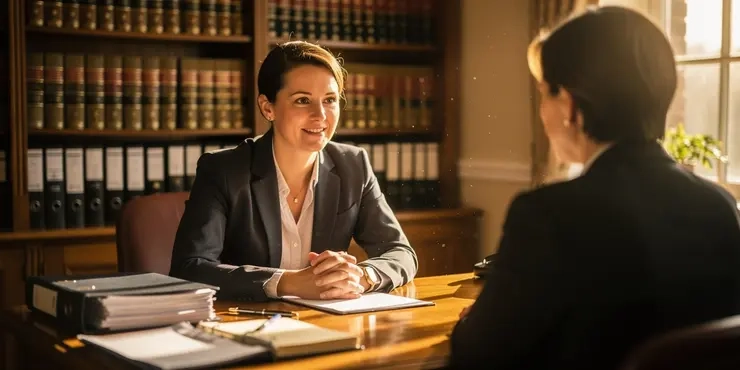
Will and Probate Solicitor Bath
Relevance: 66%
-

Will's story on having therapy - Stammering
Relevance: 37%
-
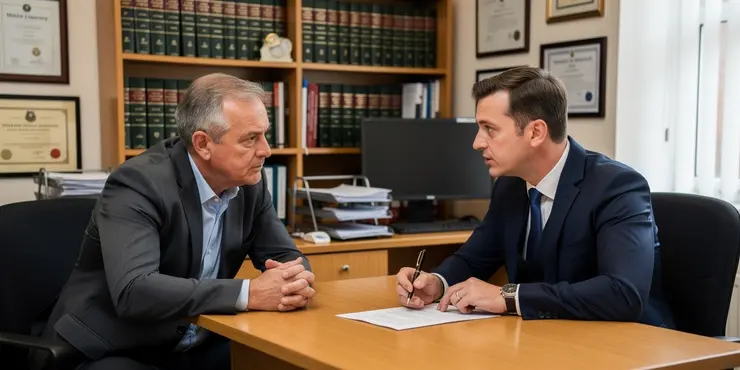
Handling Inheritance Disputes Legally
Relevance: 32%
-

Who can be considered a domestic abuse perpetrator under the new law?
Relevance: 30%
-

Are there specific laws against dangerous driving?
Relevance: 30%
-

Navigating Post-Brexit Family Law Changes
Relevance: 28%
-
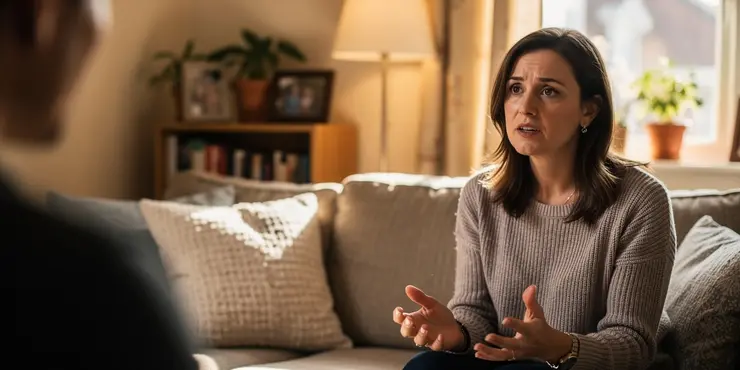
Understanding the New Domestic Abuse Laws in the UK
Relevance: 27%
-

Are there privacy laws that protect me from neighbor's cameras?
Relevance: 27%
-
What are the changes to Family Court Law in 2026?
Relevance: 27%
-
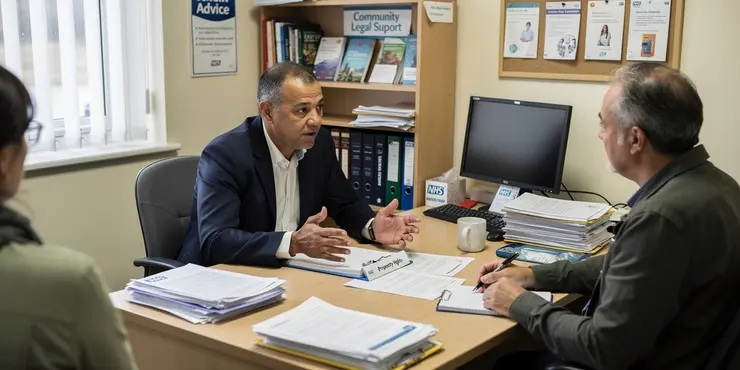
What is adverse possession in property law?
Relevance: 26%
-
How have child custody laws changed in 2026?
Relevance: 26%
-

THE LAW IN 60 SECONDS | HEALTH AND SAFETY AT WORK
Relevance: 26%
-

Impacts of Recent Changes to Family Law Legislation
Relevance: 26%
-
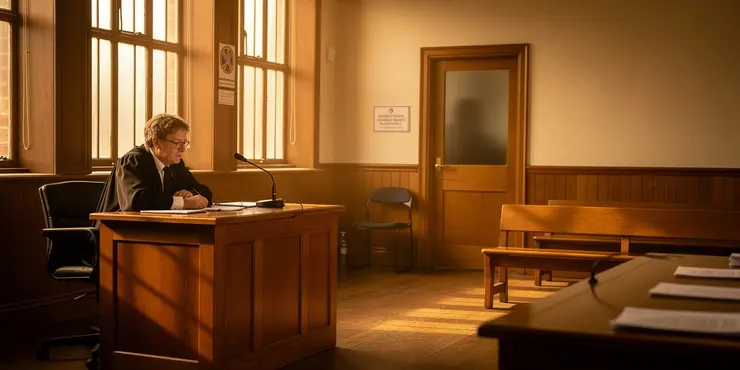
Magistrates in the Family Court: A Private Law Case
Relevance: 26%
-
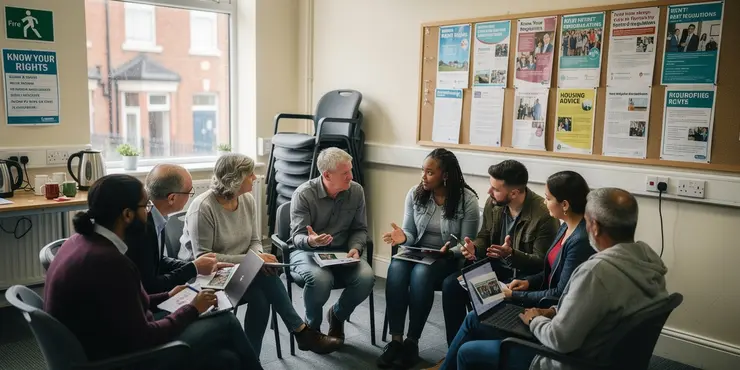
How are rent increases regulated under the new law?
Relevance: 26%
-
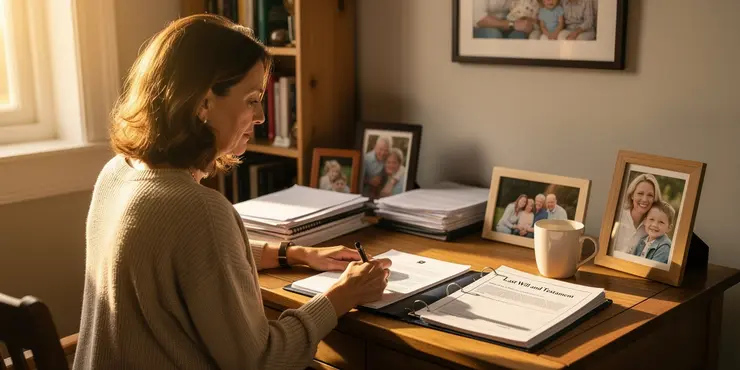
How do I write a will?
Relevance: 26%
-

How do governments ensure compliance with wealth tax laws?
Relevance: 26%
-
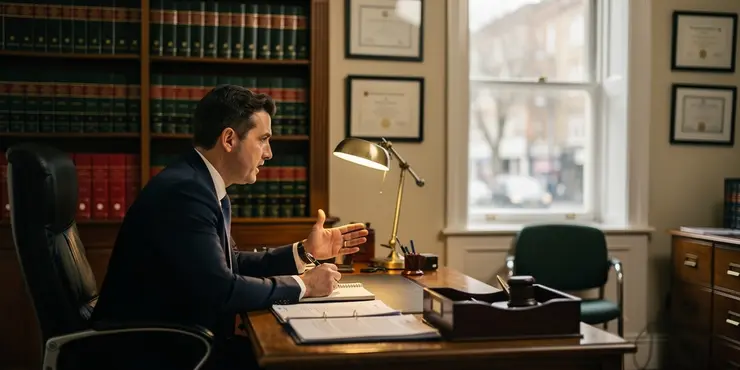
Are there specific laws governing SEND in schools?
Relevance: 26%
-

Does the HMRC Employer Bulletin cover changes in employment law?
Relevance: 25%
-
Are there any changes to surrogacy arrangements under the 2026 family court law?
Relevance: 25%
-

How does law enforcement typically identify drug offences?
Relevance: 25%
-

What laws govern my right to access police records?
Relevance: 25%
-
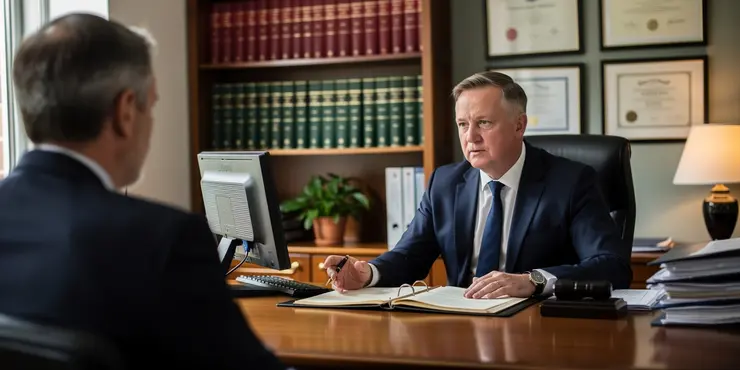
What is the Chief Law Officer for England and Wales?
Relevance: 25%
-

What is the Chief Law Officer for England and Wales Office?
Relevance: 25%
-
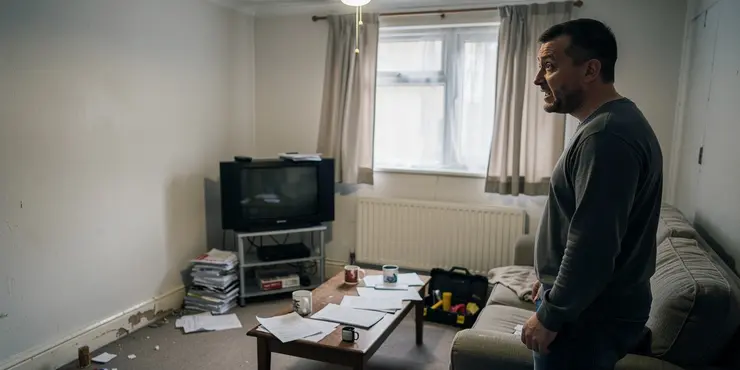
Landlord Licensing Laws Under Review as Tenants Call for Stronger Protections
Relevance: 24%
-
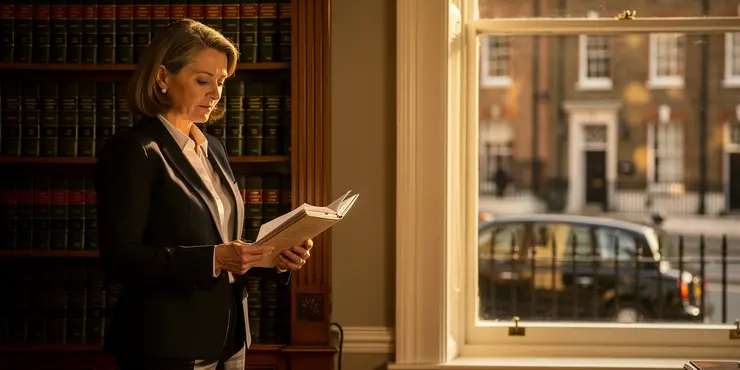
What is the role of the Chief Law Officer for England and Wales?
Relevance: 24%
-

How is the Chief Law Officer for England and Wales involved in the legislative process in the UK?
Relevance: 24%
-
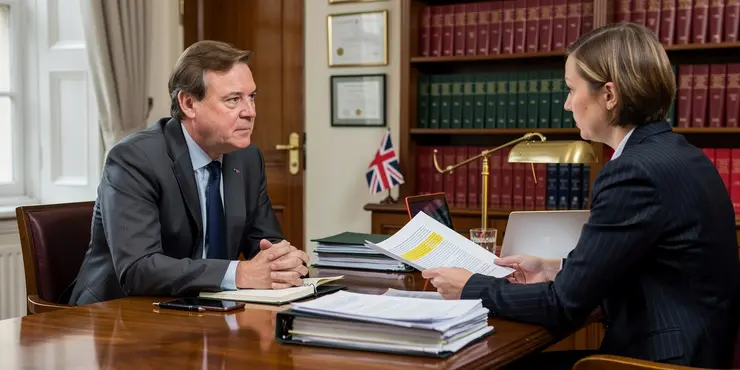
Is the Chief Law Officer for England and Wales part of the UK government?
Relevance: 23%
-
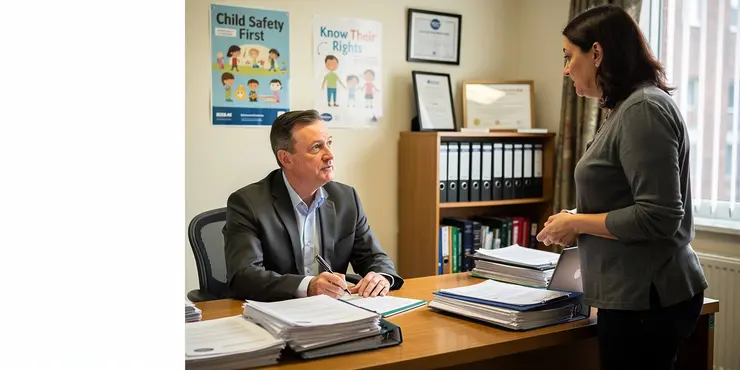
Do existing UK laws sufficiently protect under 16s on social media?
Relevance: 23%
-
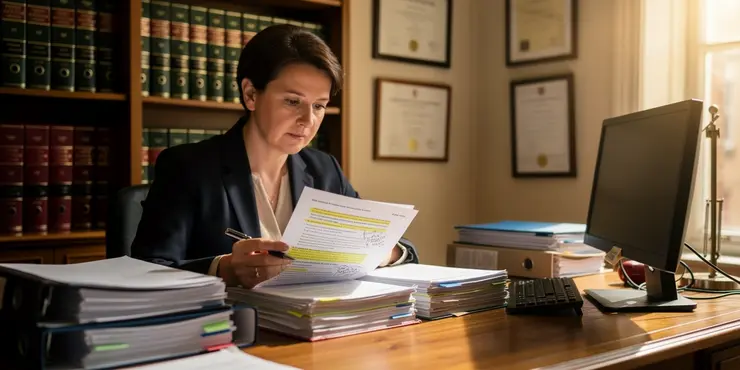
Is the Chief Law Officer for England and Wales involved in human rights issues?
Relevance: 23%
-

What are the new Tenancy Law Reforms in the UK in 2025?
Relevance: 23%
-
What changes have been made to mediation in family law cases in 2026?
Relevance: 23%
-

Navigating Child Custody Laws in the UK
Relevance: 22%
-
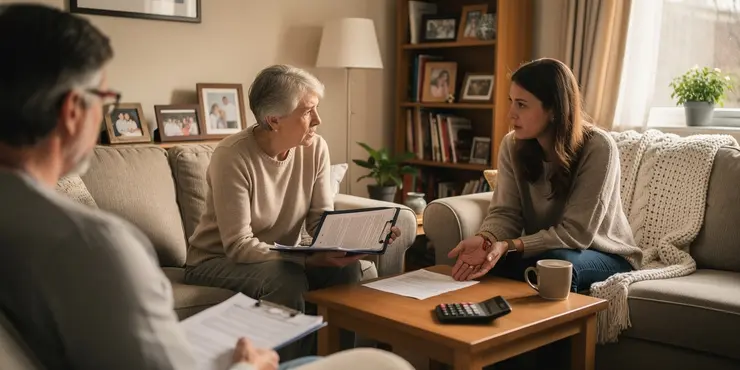
What Happens to Tax Debt After Death? (UK Laws)
Relevance: 22%
-

Child Care Proceedings | Family Law
Relevance: 22%
-
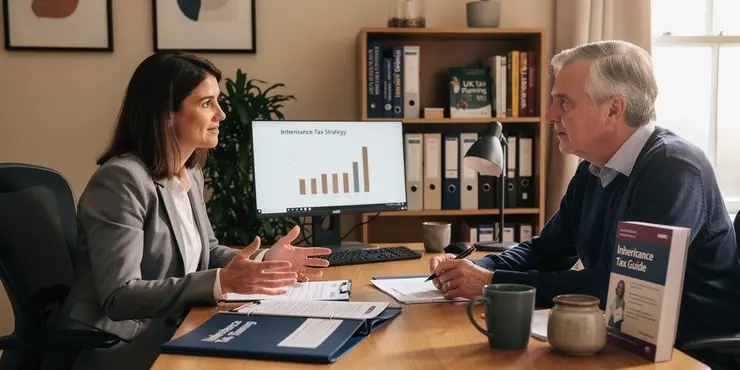
Where can I find more detailed information on inheritance tax?
Relevance: 22%
-
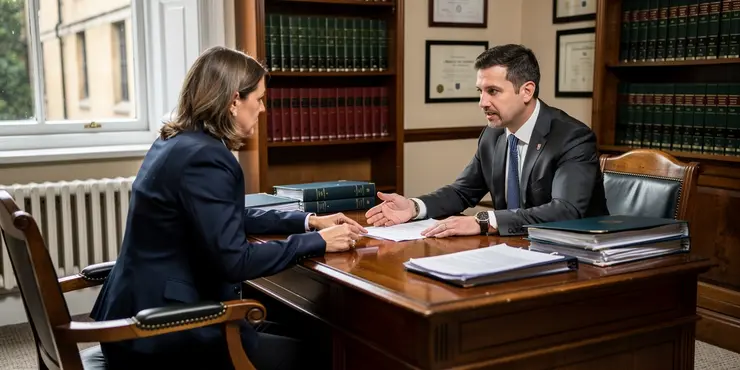
What is the historical significance of the Chief Law Officer for England and Wales's role in the UK?
Relevance: 21%
-
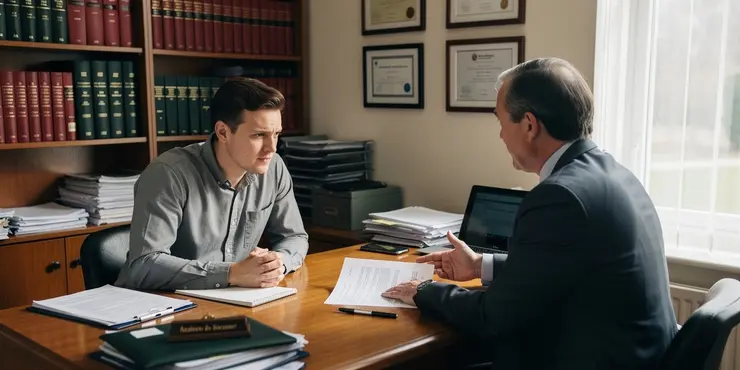
Is the position of the Chief Law Officer for England and Wales unique to the UK?
Relevance: 21%
Helen Starkie: Bath Solicitor for Wills and Probate Law
Introduction to Helen Starkie
Helen Starkie is a renowned solicitor based in Bath, United Kingdom, specialising in wills and probate law. With her extensive experience and compassionate approach, she has helped countless clients navigate the often complex and emotionally charged landscape of estate planning and probate processes. Helen is highly admired for her dedication to ensuring her clients' wishes are clearly articulated and legally sound, providing peace of mind and clarity during challenging times.Expertise in Wills
Creating a will is an essential step in ensuring that an individual's estate is distributed according to their wishes. Helen Starkie brings comprehensive expertise in drafting wills that accurately reflect her clients' intentions. She advises on a range of considerations, such as beneficiaries, guardianship for minor children, and specific bequests. Helen's meticulous attention to detail and thorough knowledge of the legal requirements in the UK guarantee that her clients' wills are both effective and legally binding. By guiding clients through this important process, she ensures that their legacy is preserved and their loved ones are provided for.Specialist in Probate Law
Dealing with the estate of a deceased loved one can be a daunting task, especially when navigating the probate process. Helen Starkie is well-versed in the intricacies of probate law and provides compassionate support to executors and beneficiaries. She assists with obtaining the necessary legal authority to manage and distribute the estate, ensuring compliance with all legal requirements. Helen's expertise helps to mitigate potential conflicts and streamline the probate process, allowing her clients to focus on their emotional well-being while she handles the legal complexities.Personalised Legal Services
Helen Starkie is committed to offering personalised legal services tailored to the unique needs of each client. She takes the time to listen and understand their individual circumstances, providing bespoke advice and solutions. Her client-centric approach ensures that each will or probate case is handled with the utmost care and professionalism. Helen's empathetic nature and strong communication skills build lasting relationships, fostering trust and confidence in her legal expertise.Conclusion
Helen Starkie stands out as a leading solicitor in Bath for wills and probate law, offering a blend of legal proficiency and compassionate service. Her dedication to client satisfaction and her thorough understanding of UK law make her an invaluable resource for those in need of estate planning and probate assistance. Helen's ability to navigate complex legalities with ease and empathy ensures that her clients receive the highest standard of legal support during some of life's most challenging moments.Helen Starkie: Bath Solicitor for Wills and Probate Law
Meet Helen Starkie
Helen Starkie is a lawyer in Bath, UK. She helps people with making wills and handling estates after someone dies. Helen is known for being kind and very good at her job. She makes sure her clients' wishes are clear and legal, giving them peace of mind.Expert in Wills
Making a will is important. It tells everyone what you want to happen to your things when you die. Helen helps people make sure their will says what they want. She can help you choose who gets what, who will look after your children, and anything special you want to give away. Helen is careful and knows the law well, so your will is done right. She helps you protect your loved ones and your wishes.Specialist in Probate Law
Probate law is what happens to a person's things after they die. It can be hard, but Helen knows a lot about it. She helps people who have to manage an estate. Helen makes sure everything follows the law and helps avoid any fights. She takes care of the hard legal stuff so you can focus on your feelings and family.Personalized Legal Help
Helen gives legal help that fits what you need. She listens to what matters to you and gives advice just for you. Helen is kind and easy to talk to, making sure you feel comfortable. Her clients trust her because she cares about doing a good job.Summary
Helen Starkie is a top lawyer in Bath for wills and probate. She mixes legal know-how with kindness. Helen is committed to helping her clients understand the law and feel good about their choices. She is a great help during tough times, making sure her clients get the best support. For help with reading, try using tools like text-to-speech apps or reading with a friend.Frequently Asked Questions
What is the role of a solicitor in the will-writing process?
A solicitor provides legal advice, drafts the will to ensure it meets all legal requirements, and can manage the execution and storage of the will.
Do I need a solicitor to write my will?
While it's not a legal requirement to use a solicitor, doing so can help ensure your will is legally valid and your wishes are clearly documented and followed.
How much does it cost to have a will written by a solicitor?
The cost varies based on the complexity of your estate and the solicitor's fees, but generally, it ranges from £150 to £300 for a straightforward will.
Can a solicitor act as an executor of my will?
Yes, a solicitor can act as an executor, and many people appoint their solicitor to help ensure their wishes are carried out professionally.
What happens if I die without a will?
Dying without a will, or intestate, means your estate will be distributed according to the rules of intestacy, which may not reflect your personal wishes.
How often should I review my will?
It's recommended to review your will every 5 years or after any major life event, such as marriage, divorce, the birth of a child, or a significant change in your financial situation.
Can I make changes to my will after it's been written?
Yes, you can make changes by adding a codicil to your existing will or drafting a new will altogether.
What is probate, and when is it required?
Probate is the legal process of administering the estate of a deceased person. It's required when the deceased owns property or other significant assets.
How long does the probate process typically take?
The probate process can take several months to over a year, depending on the complexity of the estate and whether any disputes arise.
Can a solicitor help if someone is contesting a will?
Yes, a solicitor can provide valuable legal advice and representation if you need to contest a will or if someone else is contesting it.
What is a living will, and how is it different from a regular will?
A living will, or advance decision, outlines your wishes regarding medical treatment if you become incapacitated. Unlike a regular will, it deals with your medical care rather than your estate.
Do I need a solicitor to apply for probate?
While it's possible to apply for probate without a solicitor, legal guidance can make the process smoother, especially if the estate is complex.
What should I consider when choosing an executor?
Choose someone trustworthy, organised, and capable of managing financial matters. It's common to appoint a solicitor to ensure professional handling.
What is inheritance tax, and how does it affect my estate?
Inheritance tax is a tax on the estate of the deceased. Currently, the threshold is £325,000, with any amount above this typically taxed at 40%.
How can I minimise inheritance tax on my estate?
Several strategies can help minimise inheritance tax, such as making lifetime gifts, setting up trusts, and exploring exemptions and reliefs. A solicitor can provide personalised advice.
What does a solicitor do when helping to write a will?
A solicitor is a special person who helps you write a will. A will is a paper that says what you want to do with your things after you are gone.
Here are the ways a solicitor can help you:
- Talk and Plan: They talk to you to understand what you want.
- Write the Will: They help write down your wishes clearly.
- Make Sure It's Right: They check everything to make sure it’s correct.
- Give Advice: They give advice to make sure your choices are good.
If you need help, you can:
- Ask a trusted person to explain things.
- Use pictures or drawings to help understand.
- Take your time to think and ask questions.
A solicitor is a person who helps with legal advice. They can help you write a will. A will is a special paper that says who gets your things when you die. The solicitor makes sure the will follows all the rules. They can also help you keep the will safe.
Do I need a lawyer to help me write my will?
A will is a paper that says who gets your things when you die. You don't have to ask a lawyer to write your will. But, sometimes it's a good idea to get help from a lawyer.
Here is why a lawyer can help:
- They make sure everything is correct.
- They help if your wishes are complicated.
- They give advice if you have a big family.
If you don't want to use a lawyer, you can try these tools:
- Read simple guides or books on writing a will.
- Use an online will-making tool.
Getting help from someone you trust is always a good idea.
You don't have to use a solicitor to write your will, but it can be very helpful. A solicitor makes sure your will is done right and that it clearly says what you want.
How much money do you need to pay a lawyer to write a will?
The cost to make a will can be different. It depends on how complicated your things are and how much the lawyer charges. Usually, it costs between £150 and £300 for a simple will.
Can a lawyer help with my will when I pass away?
Yes, a solicitor can help as an executor. An executor is someone who makes sure a person's wishes are done after they pass away. Many people choose their solicitor to help because solicitors know the law well and can do a good job.
Here are some tools and tips to help understand:
- Read slowly: Take your time to read through the words.
- Use audiobooks: Listening to the words can make it easier to understand.
- Ask for help: It's okay to ask someone to explain things if you don't understand.
What happens if I die without a will?
If you die and you do not have a will, the law decides who gets your things. This is called "dying intestate."
The law has rules to say who can inherit your money and things. It might go to your family, like your children or husband or wife.
To help make sure your things go where you want, you can write a will. A will is a special letter that says who should get your things when you die.
You can ask a lawyer or use online tools to help write a will. It is good to get advice if you are not sure what to do.
If you die without a will, your things are shared out by special rules. These rules might not do what you wanted.
How often should I look at my will?
It is a good idea to look at your will every few years. This way, you make sure it still says what you want.
If big things change in your life, like getting married, having a baby, or moving to a new home, it's important to check your will then too.
If you need help, you can ask someone who knows about wills, like a lawyer.
Check your will every 5 years. Also, check it if something big changes in your life. This could be getting married, getting divorced, having a baby, or if your money changes a lot.
Can I change my will after I write it?
Yes, you can change your will after you write it. This is called changing or updating your will.
You might want to change your will if things in your life change. For example, if you get married or have a new child.
To change your will, you can:
- Write a new will.
- Add a note to your old will. This note is called a codicil.
Here are some tips to help you:
- Ask a lawyer for help. They know a lot about wills.
- Use clear words when you write your will.
- Tell someone you trust where your will is kept.
Yes, you can change your will. You can add a note called a codicil to your will, or you can write a new will.
What is probate, and when is it needed?
"Probate" is a way to sort out a person's money and belongings after they die.
You need "probate" if:
- The person had a house or land.
- They had a lot of money.
- They had bank accounts with their name only.
To help understand better, you might use pictures or ask someone to explain it to you.
Probate is about taking care of a person's things after they have died. It’s needed if the person who died had a house or lots of important stuff.
How long does probate usually take?
Probate is a process that happens after someone dies. It deals with their money and things, which are called their estate.
Probate can take a few months to a year. Sometimes, it takes even longer. It depends on how big and complicated the estate is.
To help you understand, you can:
- Ask someone you trust to explain it to you.
- Use pictures or diagrams to see the steps.
- Write down any questions you have and ask a person who knows about probate.
The probate process can take a long time. It can be a few months or more than a year. How long it takes depends on how many things need to be sorted out and if there are any problems or disagreements.
Can a lawyer help if someone doesn't agree with a will?
Yes, a lawyer can help you if you need to fight against a will or if someone else is fighting it.
What is a living will, and how is it different from a regular will?
A living will is a paper that tells people what you want for your medical care if you are too sick to tell them yourself.
A regular will is a paper that says who you want to have your things, like money and toys, after you die.
To help understand, you can draw pictures or use apps that read text aloud.
A living will is a set of instructions. It tells doctors and nurses what you want if you get very sick and can't speak. It is about your medical care, not about your money or things.
Do I need a lawyer to apply for probate?
Probate means dealing with someone's money and things after they die.
You do not have to have a lawyer to do probate. You can do it yourself.
A lawyer can help if you find it hard or there are lots of things to sort out.
Some people use tools to help them understand legal words. You could try reading programs or apps that read out loud to you.
You can ask for probate without a lawyer, but a lawyer can help make it easier. This is good if the money and things of the person who died are complicated.
What should I think about when picking an executor?
Here are some things to think about when choosing an executor:
- Trustworthy: Pick someone you can trust. They will take care of important things for you.
- Responsible: Choose someone who can handle jobs like paying bills and giving out your things.
- Communication: Make sure they can talk to people well and keep everyone informed.
- Nearby: It's good if they live close to you. This makes it easier for them to do their job.
Tools that can help:
- Talk: Have a discussion with the person you choose to make sure they want to help.
- Write It Down: Keep a list of important tasks that the executor will need to do.
- Ask for Help: They can get help from a lawyer or accountant if needed.
Pick someone you trust who is good at keeping things in order and handling money. Many people choose a lawyer to make sure everything is done right.
What is inheritance tax, and how does it affect my things after I die?
Inheritance tax is money you pay to the government when someone dies and leaves behind money or things. This tax can change how much your family or friends get.
Here are some simple tips to understand it better:
- Inheritance tax is like a bill for some of the money or things you leave behind.
- Your family or friends might have to pay this money from what you give them.
- Sometimes, not all your things will have tax, like if they are worth less than a certain amount.
You can use tools like a calculator or ask someone to help you understand how much tax there might be. Talking to a helper or expert can make this easier.
Inheritance tax is money you pay on what a person leaves behind when they die. If what they leave is worth more than £325,000, you might have to pay this tax. Above this amount, the tax is usually 40%.
How can I pay less inheritance tax on what I own?
There are ways to pay less inheritance tax. You can give gifts while you are alive. You can set up trusts. You can also use special rules to help. A lawyer can give you advice just for you.
Useful Links
This website offers general information and is not a substitute for professional advice.
Always seek guidance from qualified professionals.
If you have any medical concerns or need urgent help, contact a healthcare professional or emergency services immediately.
Some of this content was generated with AI assistance. We’ve done our best to keep it accurate, helpful, and human-friendly.
- Ergsy carfully checks the information in the videos we provide here.
- Videos shown by Youtube after a video has completed, have NOT been reviewed by ERGSY.
- To view, click the arrow in centre of video.
- Most of the videos you find here will have subtitles and/or closed captions available.
- You may need to turn these on, and choose your preferred language.
- Go to the video you'd like to watch.
- If closed captions (CC) are available, settings will be visible on the bottom right of the video player.
- To turn on Captions, click settings .
- To turn off Captions, click settings again.
More Items From Ergsy search
-

Helen Starkie, Bath Solicitor for Wills and Probate Law
Relevance: 100%
-

Wills, Probate and Tax Planning in the UK
Relevance: 89%
-

Will and Probate Solicitor Bath
Relevance: 66%
-

Will's story on having therapy - Stammering
Relevance: 37%
-

Handling Inheritance Disputes Legally
Relevance: 32%
-

Who can be considered a domestic abuse perpetrator under the new law?
Relevance: 30%
-

Are there specific laws against dangerous driving?
Relevance: 30%
-

Navigating Post-Brexit Family Law Changes
Relevance: 28%
-

Understanding the New Domestic Abuse Laws in the UK
Relevance: 27%
-

Are there privacy laws that protect me from neighbor's cameras?
Relevance: 27%
-
What are the changes to Family Court Law in 2026?
Relevance: 27%
-

What is adverse possession in property law?
Relevance: 26%
-
How have child custody laws changed in 2026?
Relevance: 26%
-

THE LAW IN 60 SECONDS | HEALTH AND SAFETY AT WORK
Relevance: 26%
-

Impacts of Recent Changes to Family Law Legislation
Relevance: 26%
-

Magistrates in the Family Court: A Private Law Case
Relevance: 26%
-

How are rent increases regulated under the new law?
Relevance: 26%
-

How do I write a will?
Relevance: 26%
-

How do governments ensure compliance with wealth tax laws?
Relevance: 26%
-

Are there specific laws governing SEND in schools?
Relevance: 26%
-

Does the HMRC Employer Bulletin cover changes in employment law?
Relevance: 25%
-
Are there any changes to surrogacy arrangements under the 2026 family court law?
Relevance: 25%
-

How does law enforcement typically identify drug offences?
Relevance: 25%
-

What laws govern my right to access police records?
Relevance: 25%
-

What is the Chief Law Officer for England and Wales?
Relevance: 25%
-

What is the Chief Law Officer for England and Wales Office?
Relevance: 25%
-

Landlord Licensing Laws Under Review as Tenants Call for Stronger Protections
Relevance: 24%
-

What is the role of the Chief Law Officer for England and Wales?
Relevance: 24%
-

How is the Chief Law Officer for England and Wales involved in the legislative process in the UK?
Relevance: 24%
-

Is the Chief Law Officer for England and Wales part of the UK government?
Relevance: 23%
-

Do existing UK laws sufficiently protect under 16s on social media?
Relevance: 23%
-

Is the Chief Law Officer for England and Wales involved in human rights issues?
Relevance: 23%
-

What are the new Tenancy Law Reforms in the UK in 2025?
Relevance: 23%
-
What changes have been made to mediation in family law cases in 2026?
Relevance: 23%
-

Navigating Child Custody Laws in the UK
Relevance: 22%
-

What Happens to Tax Debt After Death? (UK Laws)
Relevance: 22%
-

Child Care Proceedings | Family Law
Relevance: 22%
-

Where can I find more detailed information on inheritance tax?
Relevance: 22%
-

What is the historical significance of the Chief Law Officer for England and Wales's role in the UK?
Relevance: 21%
-

Is the position of the Chief Law Officer for England and Wales unique to the UK?
Relevance: 21%


